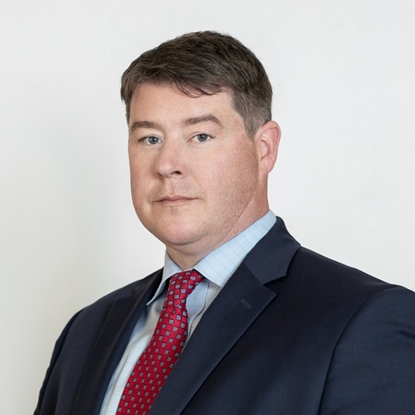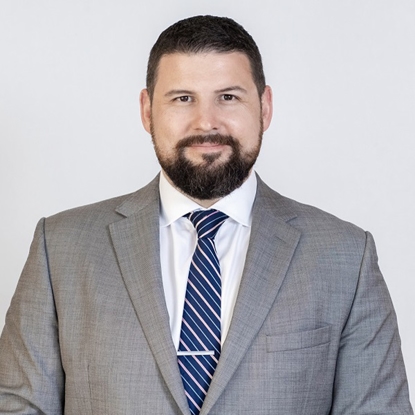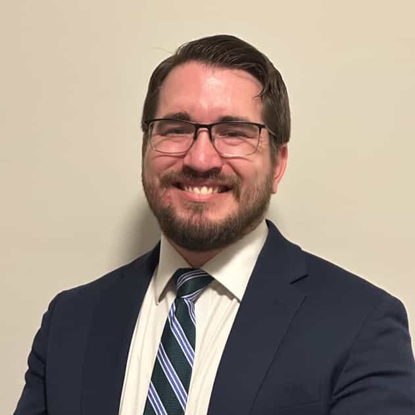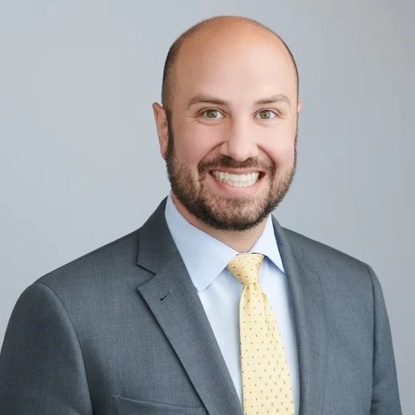
Will Preparation Northern Virginia
What exactly is a will? Can a married couple have one will? What happens to my minor child if I’m gone? What if the person I leave my property to predeceases me?
These are just a small sample of everyday concerns that many people have about wills. Hopefully we’ll be able to answer many of your questions about wills and the process of drafting, editing and executing a will as well as what happens when you’re gone.
However, every person’s situation is different and may raise a number of different legal issues so you should absolutely consult with a qualified estate planning attorney.
What is a Will?
A last will and testament is a document that states the testator’s desires for the disposition of their property (including tangible personal property, real estate, monetary assets, even intellectual property) following their death.
There can only be one testator per will, meaning that a couple cannot have one will that encompasses both of their desires.
Specific Bequests
The general outline of a standard simple will includes identification of the testator (“I Jon Snow, of Winterfell, being of sound mind and body, . . .“) and the intended beneficiaries. There is usually a section for the disposition of specific items or gifts such as specific cash gifts to an individual or charity, or gifts of personal property such as a favorite car, jewelry or other possessions.
The Residue of the Estate
Following the bequest of specific items, if any, is the all-important “residue” of the estate which, in normal terms, means everything else – the real estate, the monetary assets, stocks, bonds – essentially anything that the testator owned at the time of their death that isn’t specifically ear-marked to go to someone else.
It isn’t necessary that the will outline what constitutes the residue of the estate because it is entirely possible, if not likely, that the exact property owned by the testator at the time that the will was drafted will change by the time the testator is gone. It is sufficient to state that the residue of the estate is to be divided among the following, or that the residue of the estate is to go to the following individual or entity.
EXECUTOR(S) IN VIRGINIA
The other important element of the will is to nominate one or more persons or entities to serve as the executor of the will when it is eventually admitted to probate. The job of the executor is to act as the representative of the testator’s estate throughout the probate process.
This means that the executor will need to present the original signed will to the clerk of court for the county or district in which the testator resided at the time of death, they will need to file the necessary papers to begin the probate process, oversee the administration of the estate to make sure that all of the testator’s creditors are paid in full and that all of the testator’s bequests make it to their rightful beneficiaries. The end goal is for the estate assets to be distributed in full and to close probate successfully.
Most experienced attorneys will counsel a testator to include at least one backup executor in their will in the event that the primary person nominated is either unavailable or unwilling to serve as executor. An executor can execute a waiver if they choose not to serve in that capacity. If this is the case and there is a backup named in the will, then that person become the new executor. If there is no backup or all persons nominated in the will waive the nomination to oversee the estate, then the court appoints someone to administer the estate.
Additionally, an executor who was properly nominated in the will may choose to hire a qualified attorney or professional fiduciary to assist in administering the estate.
BENEFICIARIES
No will is complete without some sort of beneficiary. That’s the entire point of the document! A beneficiary is a person who is designated to receive some of the testator’s property at the time of their death. This is different from an ‘heir’ who would potentially stand to receive property according to the laws of intestacy when a relative dies without a will.
There is no requirement that a testator name any particular relative in their will. A testator is free to name any beneficiary and, likewise, to leave out any person, whether a child or spouse. However, if a named beneficiary predeceases the testator, it is important to have some sort of contingency plan.
For instance, a testator may leave everything to their spouse, but if their spouse predeceases them, then that property is to be split evenly among their children who survive them. If a bequest fails for lack of a beneficiary, then ultimately the property could revert to the state. Although many feel pride in their state of domicile, most people tend to want to avoid this scenario.
Guardians for Minor Children
Although a will need not include this, an experienced attorney would advise any parent or would-be parent to include a provision nominating a guardian for any minor child that may survive the testator. In most scenarios involving a minor child, the spouse or other parent is still living at the time of the death of the testator and that person would normally have legal custody of the minor child.
However, both parents should make plans in the event that the last surviving parent or spouse dies while the child is still a minor. In that event, you don’t want a judge determining who should have custody of the child. If the will nominates a person or persons to have custody of the child, then the court will attempt to honor that wish.
EXECUTION
Lastly, the will has to be validly executed. This means that the testator must sign the will in the presence of a statutorily-determined number of witnesses. In both Virginia and D.C., this means at least two witnesses.
WHAT ISN’T IN A WILL?
The number one misconception that attorneys encounter regarding wills is the disposition of remains. While a person certainly may include their wishes regarding the disposition of their remains in their will, it is not legally binding.
The probate process for a will is lengthy and wills often are not located and admitted to probate until a month or longer following the testator’s death. Obviously, decisions regarding the disposition of the testator’s remains must be made shortly after their death and cannot be put on hold pending the location and/or probate of a will. Instead, testator’s will often draft a separate document, not legally binding, stating their desired disposition so that family members and loved ones can be prepared when the time comes.
OK SO YOU WANT A WILL IN THE STATE OF VIRGINIA – WHAT NEXT?
Contact a qualified estate planning attorney. The process is quite simple. First, your attorney will meet with you to discuss your assets, your intended beneficiaries and your intended estate plan. More often than not, a simple will is going to be the recommendation but there may be instances in which a trust is advantageous for any number of reasons.
In the case of a simple will, the attorney will draft the document following a thorough consultation. The attorney will work collaboratively with the client to ensure that the will is custom-tailored to meet the client’s desires until the draft becomes final.
Once the client is satisfied with a final draft, an appointment is made at the attorney’s office for execution of the will with two witnesses and a notary public present. The client (now the testator) will review the final document in office one last time and, if satisfied, will only sign the will in the presence of the two witnesses and notary public. At time point the will has been validly executed and is legally binding!
Storing a Will
Following execution of the will, the client will receive both the original and one copy of the signed will. For purposes of probate, the client should carefully safeguard the original will in a safe or safety deposit box. In most jurisdictions, a court will treat an original signed will as presumptively valid.
A copy in lieu of the original, however, will be treated as presumptively invalid which means that the executor must present additional evidence to have the copy of the will admitted to probate, including potentially having the witnesses to the execution testify before the court that the copy is a true and accurate copy of the original will.
AWARDS & ASSOCIATIONS


WHAT PEOPLE SAY
At King, Campbell, Poretz, and Mitchell, your satisfaction is our priority! See for yourself what our clients have to say about working with us.
-
"I'd recommend him to anyone in need of help. Very patient and understanding. Walks you through the entire process step by step"
Mr. Ryan Campbell is The Great Lawyer! Very knowledgeable about the law and had my case dismissed!
- Eduardo O. -
"Besides marrying my wife, hiring Joe King as my attorney was the best decision of my life."
Right from the start, I felt like I was in good hands. I could tell Joe King really cared about my situation and believed me.
- Mark T. -
"I needed an attorney for a traffic related ticket, that could have been very bad, and was referred to Joe King"
Mr. King has the ability to really and truly listen, and then starts to strategize from a point of understanding.
- Meti L. -
"You cannot find a better attorney than Joe King."
From our initial meeting and throughout the process I had a 100% confidence I had made the right choice. Joe was easy to communicate with, very professional.
- J.G. -
"Mr. Ryan Campbell has been a great lawyer to me. He listened very carefully and very patiently to every detail of my case."
Mr. Campbell went above and beyond to defend me and I am great-full to have representing me.
- Habte Z. -
"Evelyn represented me for my very complex divorce case."
My case became so complex and Evelyn managed to be one step ahead each time. She kept me updated at every step.
- Rinku S. -
"Sean Sherlock handled my DUI case back in 2020. I was scared and full of doubt."
Mr. Sherlock is definitely for the people he represents.
- Evin R. -
"Ms. Mitchell is that rare attorney that recognizes this rollercoaster and works to ease the transition, and sometimes brutal court case"
I highly recommend Evelyn Mitchell, if your marriage must be dissolved she is a lawyer you can trust to watch for your best interests and bring you to a good conclusion.
- Ross B.











